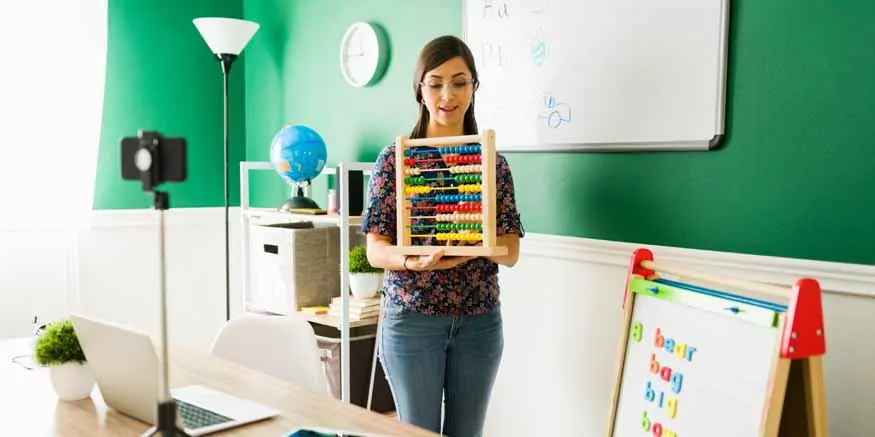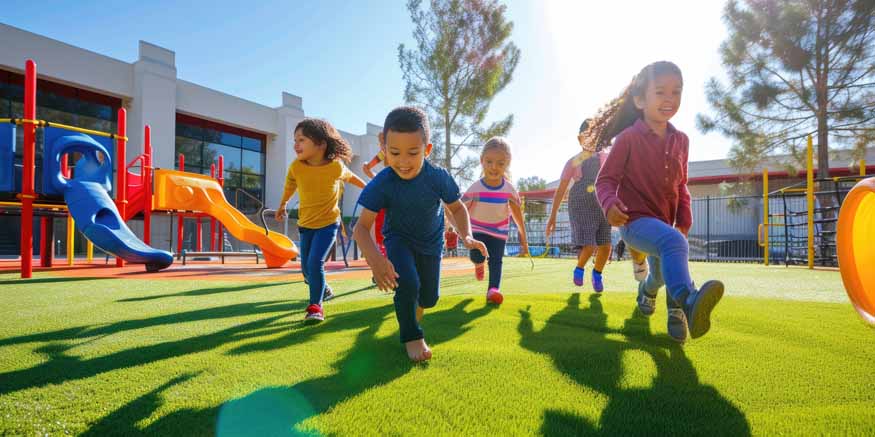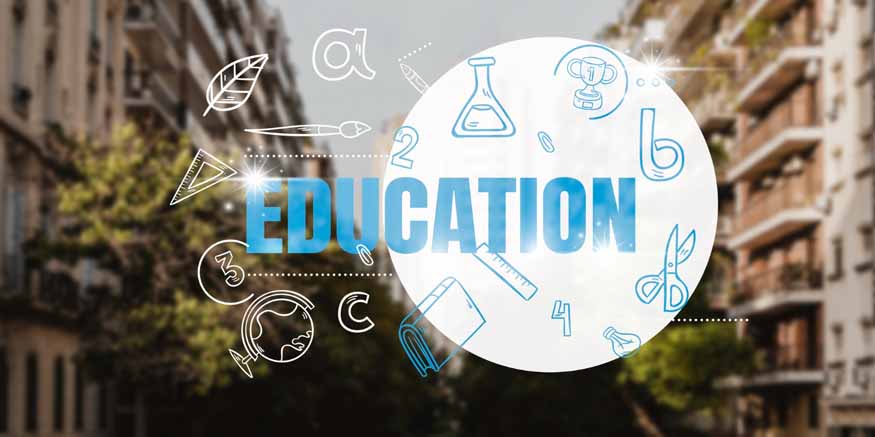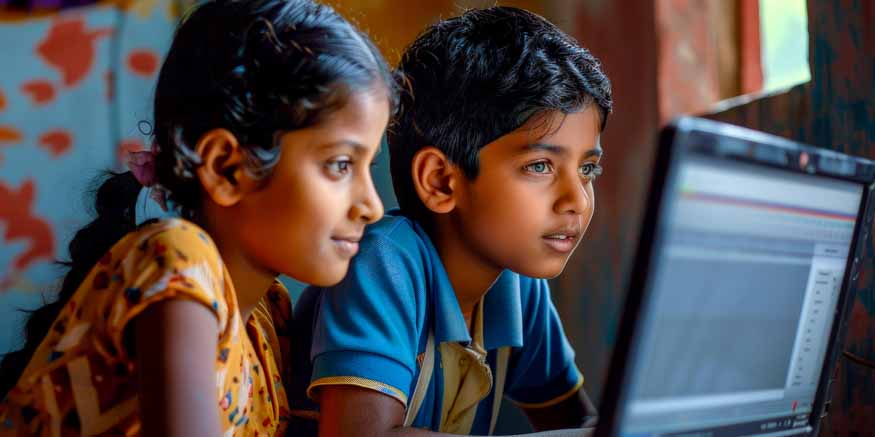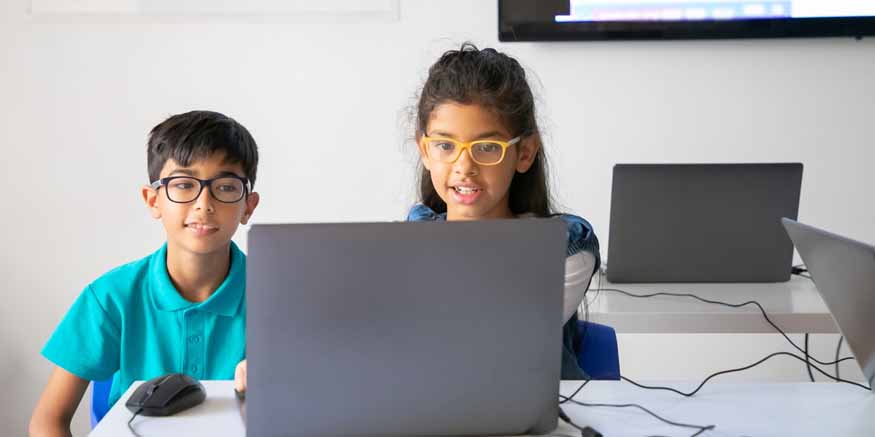Workshops can be a super fun and creative way to learn, and one of the best ways to make them even more engaging is by incorporating storytelling and drama. These two elements help participants generate new ideas, improve communication, enhance understanding, and develop problem-solving skills. In this article, we’ll explore how storytelling and drama can be used in workshops to make the experience more exciting and meaningful.
1.The Importance of Storytelling in Workshops
Storytelling has been an essential part of human culture for centuries and remains a powerful tool, especially in workshops. It helps participants connect more deeply with the content by blending information with emotions. In a storytelling workshop, everyone has the opportunity to share their own stories, creating a sense of belonging and community. This is particularly beneficial in children’s workshops, where creativity and imagination can be fully unleashed.
Storytelling is also an excellent way to improve listening skills. When we listen to stories, we must pay close attention to grasp the details. Incorporating storytelling into a workshop creates a friendly and safe environment where participants feel comfortable sharing and experimenting with new ideas.
Also read: Understanding the Role of Drama and Arts in Education
2. Drama Techniques in Workshops: An Overview
Drama workshops are incredibly fun and offer a unique way to explore different situations and emotions. Participants get to step into various characters’ shoes, allowing them to see the world from different perspectives. Through engaging activities, they learn to empathise with others and express their own feelings. Drama workshops are great for improving communication skills, as they provide a space to practice articulating thoughts and emotions clearly.
The activities in drama workshops can range from simple improvisation exercises to more complex role-playing scenarios. Whether for kids or adults, these activities encourage imaginative thinking and creative expression, making any workshop more dynamic and exciting.
3. Integrating Storytelling and Drama in Workshops
Combining storytelling with drama in workshops creates a magical experience. Imagine being part of a story and getting to act out the roles—this makes the narrative come alive. When drama is infused into storytelling, the story becomes more vivid and engaging. Participants move around, express emotions, and bring the story to life, leading to deeper understanding and more meaningful discussions.
In a children’s drama workshop, acting out scenes from their own made-up stories allows them to explore different perspectives and experiment with alternative endings. This not only makes the workshop more exciting but also helps reinforce important lessons in a memorable way.
4. Storytelling Workshop Ideas for Children
When designing a storytelling workshop for children, it’s important to include activities that are both fun and educational. A great idea is to start with familiar stories and let the children create their own endings or alternate versions. This encourages them to use their imagination and practice their storytelling skills.
Incorporating fun elements like puppets or visual aids can make the stories more engaging. Another idea is to have each child take turns adding to a group story, promoting collaboration and creativity. These storytelling activities are suitable for children of all ages, ensuring everyone can participate and enjoy the experience.
5. Drama Workshop Ideas for Primary Schools
Drama workshops in primary schools are a fantastic way to teach children about empathy and understanding. Simple role-playing activities, like pretending to visit the park or the zoo, allow children to experience different perspectives and develop compassion for others. Another fun idea is to adapt stories from their lessons into short plays, making learning more interactive and enjoyable.
Improvisation games are also a big hit! They challenge children to think on their feet and respond to unexpected situations, boosting their confidence and communication skills. These drama workshop ideas are designed to be both fun and educational, helping children learn valuable life skills while having a great time with their peers.
Also read: The Importance of Language Arts for Children’s Development
6. The Role of Facilitators in Storytelling and Drama Workshops
The success of storytelling and drama workshops largely depends on the facilitator’s ability to create an inclusive and welcoming environment. A good facilitator encourages participation and ensures that everyone feels comfortable sharing their thoughts. In a storytelling workshop, the facilitator might start by sharing their own story to set the tone and inspire others to open up.
In drama workshops, the facilitator plays a crucial role in guiding participants through different roles and emotions. They bring a deep understanding of storytelling and acting while fostering a collaborative atmosphere. Without a skilled facilitator, the workshop wouldn’t be as engaging or effective.
At EuroSchool, we believe that learning should be fun and engaging, which is why we incorporate storytelling and drama into our workshops. Our programs are designed to help children develop important skills while having a blast. By combining creativity with education, we ensure that every child can learn, grow, and thrive in a supportive environment.



